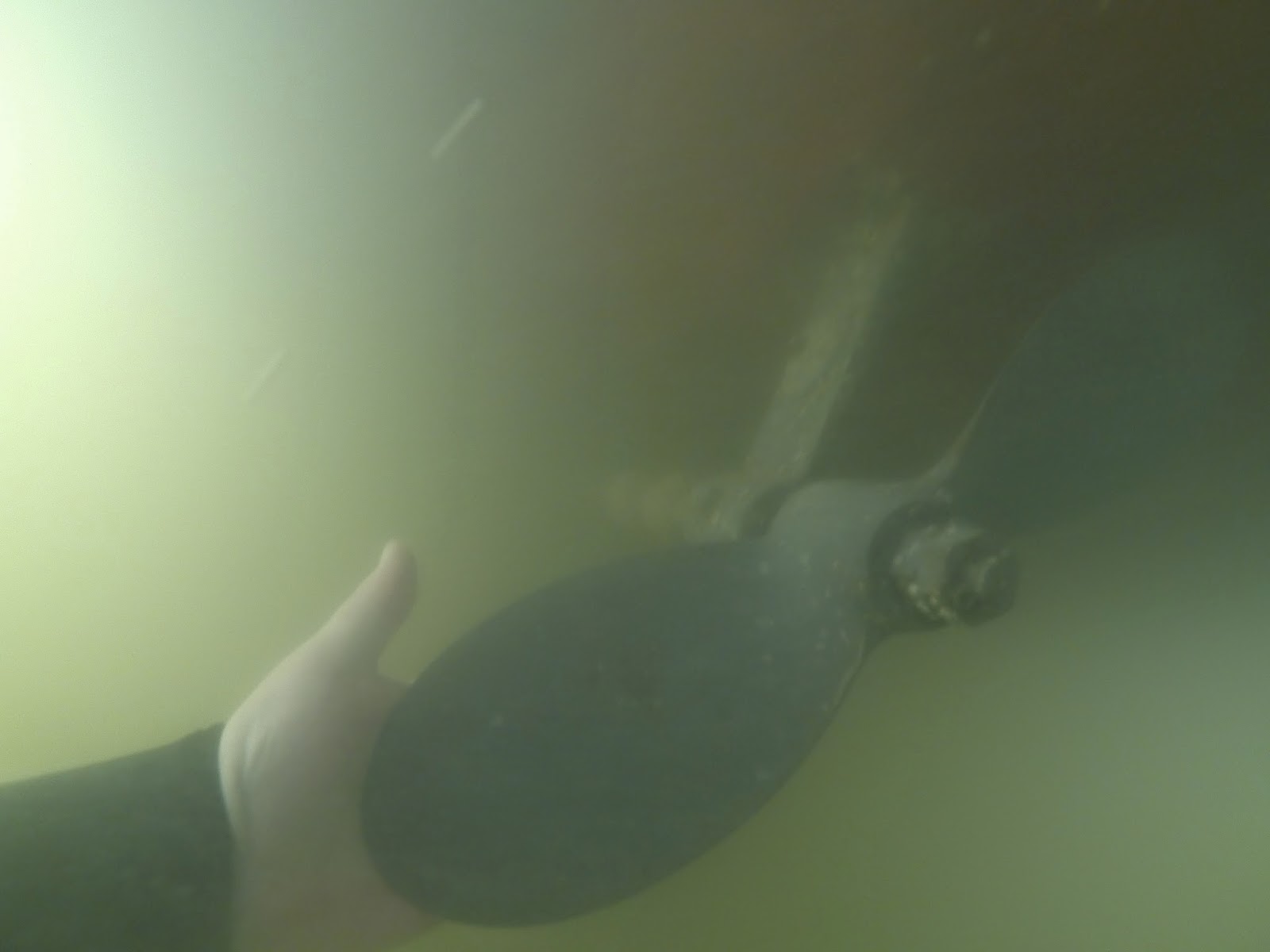Just wanted to say hello before I start asking questions.
I am a live aboard, who recently started diving. I clean boat bottoms right now, but I hope to go far beyond this, and make diving/ROV operation my profession.
Here is my first underwater selfie. This is also the most clear saltwater i have ever seen

Thanks for allowing me to be on the same board as people who know so much more then me!
Here is our live aboard blog http://svunionp.blogspot.com/2014/02/dive-dive-dive.html
http://svunionp.blogspot.com/2014/02/dive-dive-dive.html
---------- Post added April 13th, 2014 at 06:41 PM ----------
So, now its question time.
In my research for the ROV operator position i noticed a few things.
Requirements: cv, 200 hours flight time, MISC certs, and professional training in one of several fields.
Unfortunately, my only training at this point is building my own very complex RC cars, trucks, helo's and planes.
One of the training possibilities was hydraulics I have been operating heavy equipment for 16 years, servicing it all myself.
Most of it was electrically controlled hydraulics. So I am trying to find what the minimums are so I may get started in this field.
All help is welcome.
I have found one course, priced at almost $20,000 for 7 weeks training. It was in England.
What are these professional certification courses they are looking for?
I am a live aboard, who recently started diving. I clean boat bottoms right now, but I hope to go far beyond this, and make diving/ROV operation my profession.
Here is my first underwater selfie. This is also the most clear saltwater i have ever seen
Thanks for allowing me to be on the same board as people who know so much more then me!
Here is our live aboard blog
---------- Post added April 13th, 2014 at 06:41 PM ----------
So, now its question time.
In my research for the ROV operator position i noticed a few things.
Requirements: cv, 200 hours flight time, MISC certs, and professional training in one of several fields.
Unfortunately, my only training at this point is building my own very complex RC cars, trucks, helo's and planes.
One of the training possibilities was hydraulics I have been operating heavy equipment for 16 years, servicing it all myself.
Most of it was electrically controlled hydraulics. So I am trying to find what the minimums are so I may get started in this field.
All help is welcome.
I have found one course, priced at almost $20,000 for 7 weeks training. It was in England.
What are these professional certification courses they are looking for?



